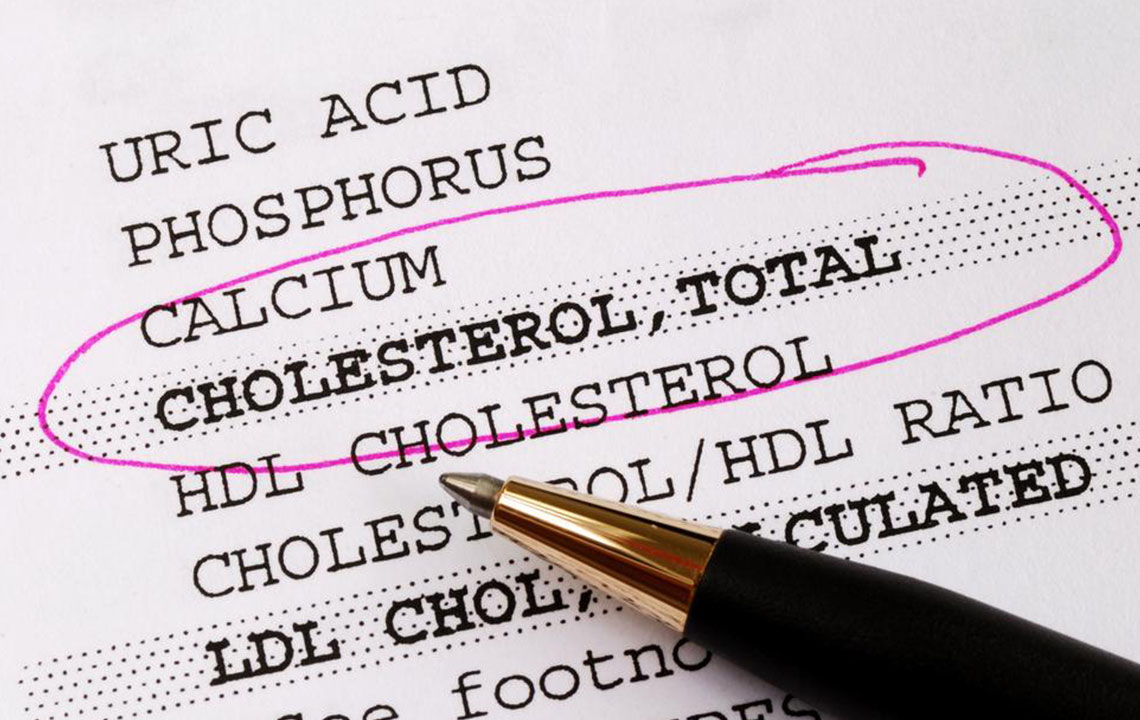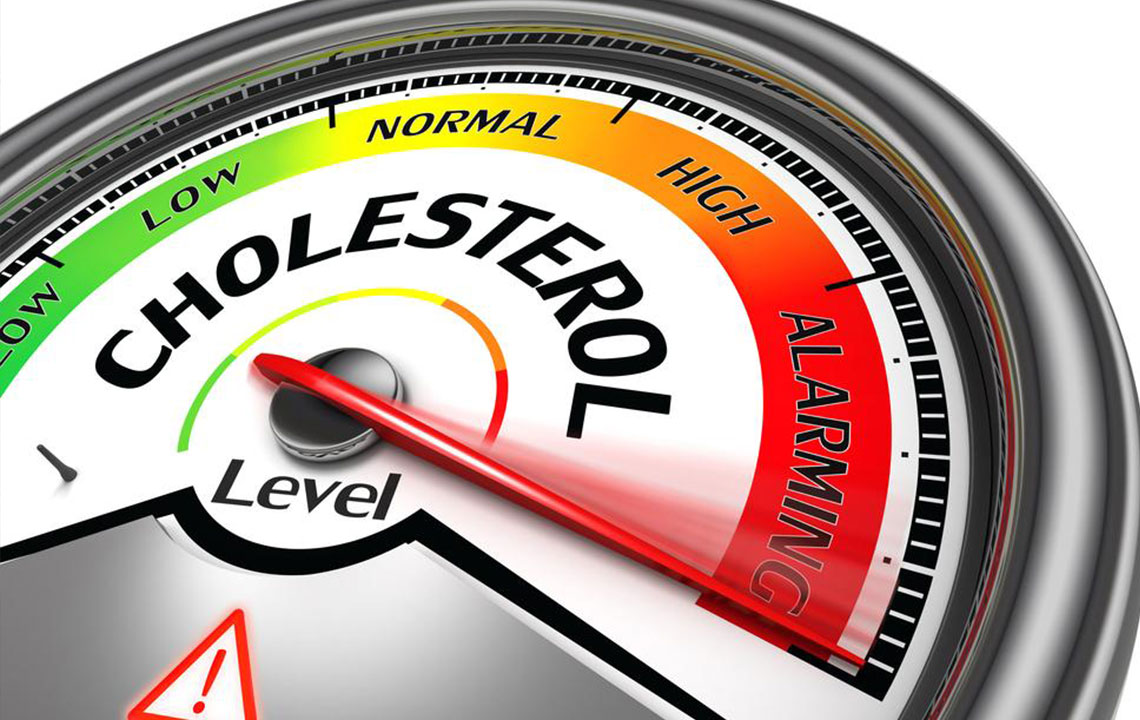Effective Strategies to Control Cholesterol Levels
Learn effective methods for controlling cholesterol levels through diet, lifestyle modifications, and regular health checks. Discover which foods to avoid and incorporate for better heart health, and understand the importance of maintaining healthy HDL and LDL levels to prevent heart disease. This guide emphasizes the necessity of awareness and proactive management in preventing high cholesterol-related health issues.
Sponsored

Cholesterol is a waxy fat compound present in all animal-derived foods, essential for hormone production, vitamin D synthesis, and digestion. The body partly produces it naturally, and because it doesn't dissolve in water, proteins help transport it through blood. Cholesterol is carried by two main lipoproteins: HDL (good cholesterol) which helps move cholesterol to the liver for breakdown, and LDL (bad cholesterol) that can clog arteries and hinder blood flow from the heart. Elevated LDL levels pose risks for heart disease, often with no symptoms, making regular checks vital.
Many adults in the US have high LDL levels, underscoring the importance of lifestyle and dietary changes. Maintaining total cholesterol below 200 mg/dL, with LDL under 100 mg/dL and HDL above 60 mg/dL, is recommended. A balanced diet low in saturated fats and processed foods, and rich in fiber, healthy fats, and omega-3s, helps manage levels effectively.
Foods to limit include processed oils, sugary snacks, processed foods, dairy, refined grains, and red meats. Beneficial foods comprise oats, fish, nuts, avocados, beans, olive oil, and foods enriched with plant sterols. A typical daily plan involves controlled portions of grains, vegetables, fruits, skimmed milk, and moderate sugar and oil intake. Flax seeds, which boost HDL and reduce LDL, are helpful in cholesterol management.
For those with hypertension or high cholesterol, reducing salt intake is advisable. Avoid habits like smoking and excessive alcohol consumption, which elevate bad cholesterol. Studies show that moderate consumption of red wine and tea, along with garlic, can positively influence cholesterol levels. Achieving a balance between HDL and LDL is crucial for overall health. Awareness remains insufficient, with many unaware of their cholesterol status. Early intervention and disciplined dietary habits can significantly reduce heart disease risks.






